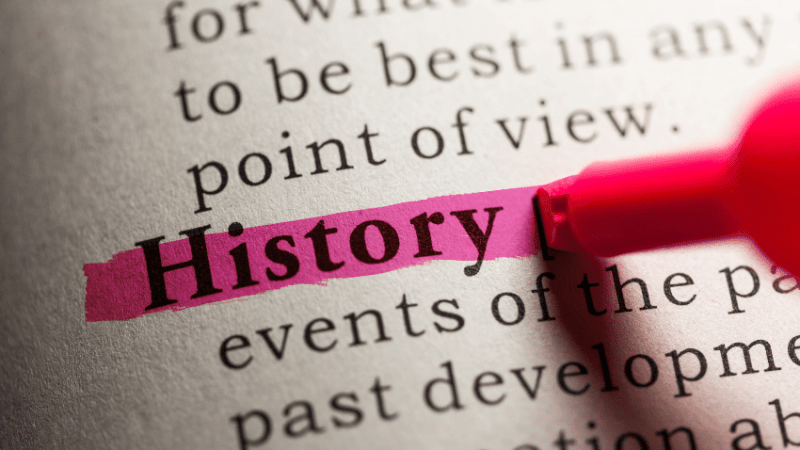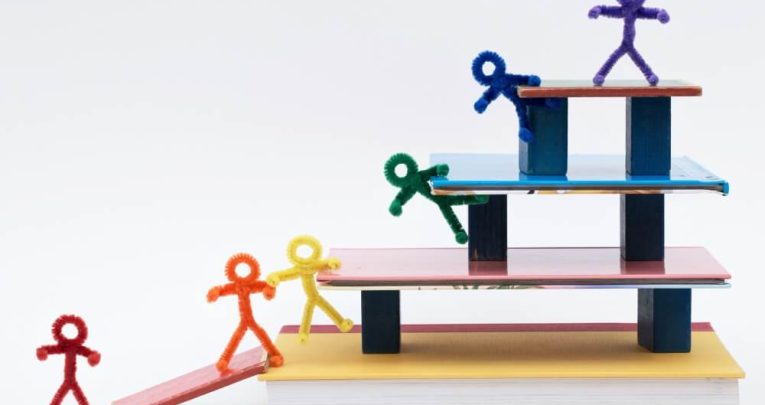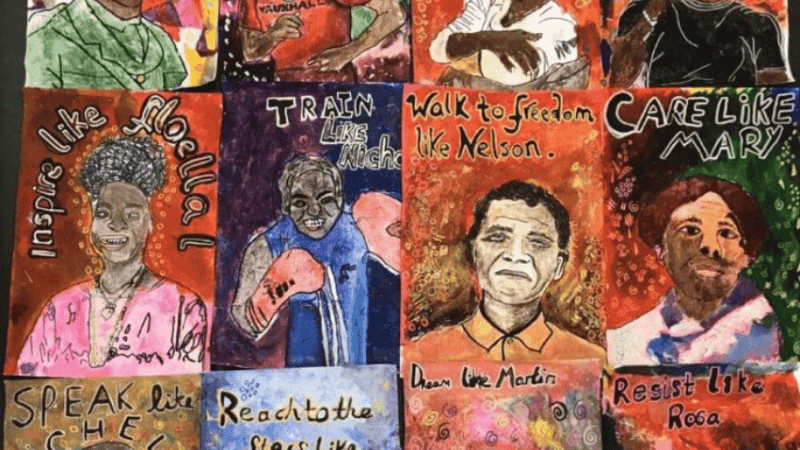Curriculum development – Why schools should teach LGBT+ history
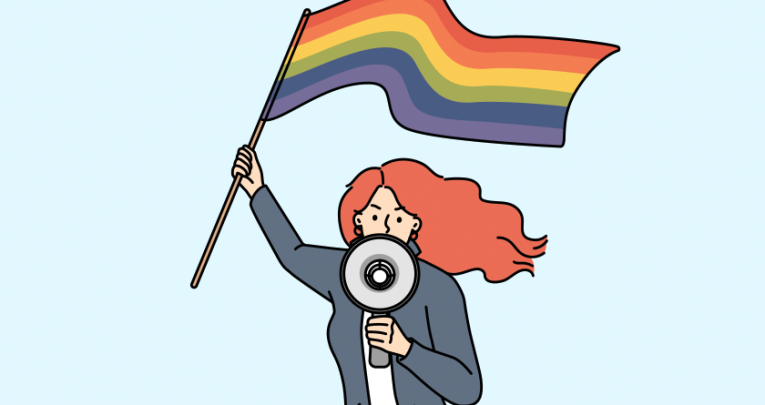
Pride reminds us how far we’ve come with respect to LGBT+ understanding and respect – so why not teach that remarkable history in school?
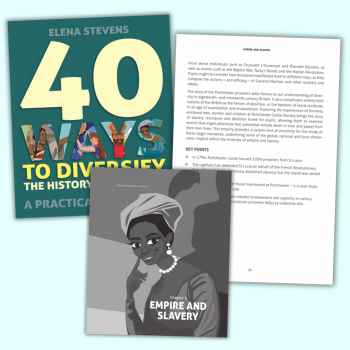
In 2021, Scotland became the first country in the world to embed LGBTQ+ inclusive teaching throughout the curriculum.
This marked a bold step forward in attempts at promoting equality, reducing homophobic and transphobic bullying and improving the experience of young LGBTQ+ people in education. It’s also a move that is yet to be replicated by the other nations of the UK, where LGBTQ+ history is currently underrepresented in the curriculum.
An independent Facing History survey of 2,000 14- to 17-year-olds recently found that only 35% believe they’re being taught a representative version of history. Yes, Pride Month is an important celebration of marginal communities, but LGBTQ+ history should be taught all year round.
The history curriculum could teach young people about the Stonewall Riots, for example, the historical oppression of LGBTQ+ communities, and the long history of campaigning by those communities for equal rights.
Art lessons could be used to study the experiences of influential LGBTQ+ artists, such as David Hockney, and discuss the visual representation of art that engages with LGBTQ+ themes.
Maths lessons could include activities that relate to the discoveries and achievements of Alan Turing, while science lessons could highlight the achievements of astronaut and physicist Sally Ride, who was the first – and thus far only – LGBTQ+ astronaut.
Music and literature are both subjects that can provide particularly powerful learning experiences in the context of LGBTQ+ history. As mediums, books and music can establish direct and deep connections with audiences, in ways that can foster self-acceptance, build self-esteem and encourage greater acceptance of those who are different to us.
For schools keen to embrace LGBTQ+ history, but concerned about the implications for their workload and planning, Facing History’s free ‘LGBTQ+ History and Why It Matters’ lesson (see bit.ly/ts125-LL6) covers two millennia of LGBTQ+ history. Facing History also has ready-to-use assemblies to mark LGBTQ+ History Month and International Day Against Homophobia, Biphobia and Transphobia.
LGBTQ+ history lessons can boost students’ sense of belonging, build empathy and ultimately normalise the fact that our sexual and gender identities are complex and diverse.
Aqsa Islam is programme associate at the charity Facing History and Ourselves; for more information, visit facinghistory.org






